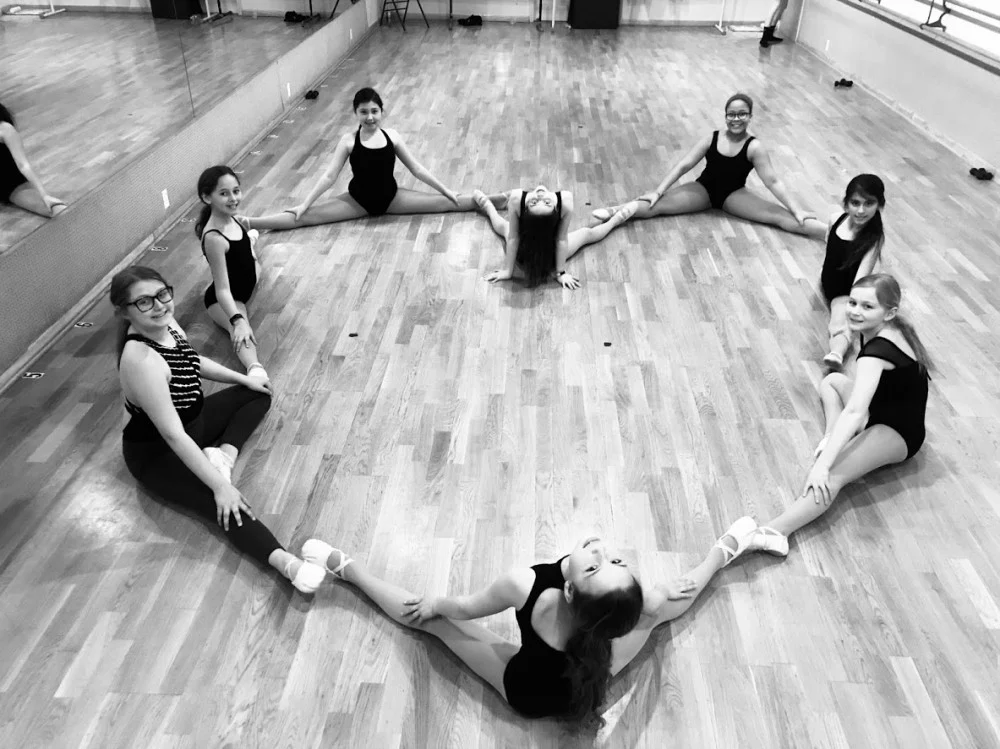
- what-vat-means-for-dance-schools
- when-do-dance-schools-have-to-pay-vat
- exceptions-and-vat-exemptions-for-dance-instruction
- real-cases-of-dance-schools-dealing-with-vat
- what-dance-schools-in-the-us-should-consider
- getting-guidance-from-american-dance-academy
1. What VAT Means for Dance Schools
Value Added Tax (VAT) is a consumption tax placed on goods and services in many countries. While it doesn’t apply in the same way in the U.S., American dance schools operating internationally or interacting with vendors abroad may still encounter VAT rules. In the UK and EU, VAT applies to most commercial services — including education and performance arts — unless specific exemptions are in place.
For dance schools, whether VAT applies depends largely on the classification of their services: are they seen as educational, artistic, or recreational? That classification impacts whether your dance school is liable for VAT or can be exempt.
2. When Do Dance Schools Have to Pay VAT?
2.1 Based on Turnover Thresholds
In countries like the UK, dance schools must register for VAT if their taxable turnover exceeds the national threshold (e.g., £90,000 in the UK for 2024). If your school earns above this from tuition, merchandise, or venue rentals, VAT registration is mandatory.
2.2 Commercial vs Educational Activities
If your dance school is classified as a private commercial enterprise and not as an educational institution, then VAT often applies. However, schools that are accredited or run not-for-profit arts education programs may qualify for relief.
2.3 Selling Merchandise or Renting Space
Even if your main income is tuition, selling dancewear, drinks, or renting studio space for events may bring parts of your income under VAT liability, depending on how your services are structured.
3. Exceptions and VAT Exemptions for Dance Instruction
3.1 Recognized Education Providers
Some dance schools are recognized as educational institutions. If your school offers exams or certifications through accredited bodies — like RAD (Royal Academy of Dance) or ISTD — you may be classified as an exempt provider of educational services, freeing you from VAT charges on tuition.
3.2 Hobbyist vs Vocational Training
Teaching children as a hobby or casual after-school activity might still be taxable. However, if the instruction leads toward a career in performing arts or is formally assessed, there may be grounds to claim exemption.
3.3 Location Matters
In the U.S., dance schools typically deal with sales tax rather than VAT. However, schools working with European or UK clients online (for example, virtual dance classes or merchandise sales) may need to consider VAT obligations under local tax laws abroad.
4. Real Cases of Dance Schools Dealing with VAT
In 2019, a well-known ballet school in Manchester found itself liable for over £40,000 in backdated VAT payments due to misclassification of its services. Despite being educational in nature, it hadn’t registered properly with an accrediting body and was audited as a commercial enterprise.
On the flip side, a contemporary dance school in Berlin successfully secured a VAT exemption after demonstrating its curriculum followed state-regulated artistic education standards and led to professional qualifications.
These stories highlight the importance of understanding how authorities classify your services — a mistake can be expensive.
5. What Dance Schools in the U.S. Should Consider
5.1 Domestic Sales Tax vs VAT
While VAT isn’t applied federally in the U.S., sales tax is levied at the state level. Selling merchandise, offering online classes to out-of-state residents, or partnering with international platforms may complicate your tax obligations.
5.2 Working with International Students
If your U.S.-based school offers remote dance classes to EU residents, you may fall under the EU VAT rules on digital services. This often surprises schools that operate entirely from the U.S. but have global clientele.
5.3 Legal and Tax Planning
Professional accounting services with experience in education or arts-related businesses are essential. Clarify your status — are you a nonprofit, educational entity, or commercial studio? Each status changes your tax exposure.
6. Getting Guidance from American Dance Academy
Navigating the complex tax implications of running a dance school doesn’t have to be overwhelming. At American Dance Academy, we not only help students find the right classes but also provide resources and tools for school operators — from tax insights to compliance tips.
If you operate a dance school and are unsure about your VAT or sales tax obligations, consider consulting professionals affiliated with our platform. Understanding where you stand now can save you stress and costs down the line — and let you focus on inspiring movement, not managing invoices.
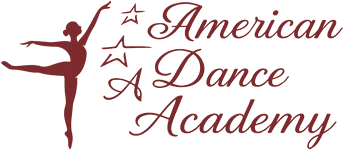

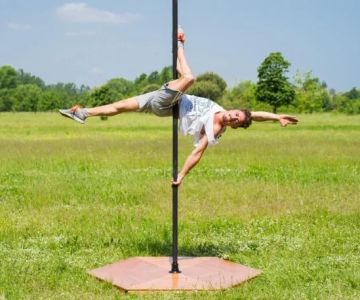


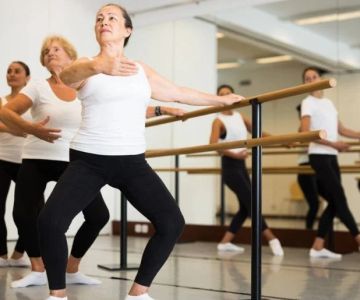
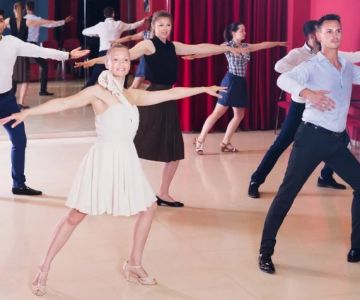
 Barrington Dance Academy5.0 (22 reviews)
Barrington Dance Academy5.0 (22 reviews) Canyon Concert Ballet4.0 (17 reviews)
Canyon Concert Ballet4.0 (17 reviews) Big City Dance Center LLC4.0 (25 reviews)
Big City Dance Center LLC4.0 (25 reviews) Tye Chua Dance & Kalamazoo Ballet5.0 (18 reviews)
Tye Chua Dance & Kalamazoo Ballet5.0 (18 reviews) Fenton Ballet Theatre4.0 (24 reviews)
Fenton Ballet Theatre4.0 (24 reviews) Front Street Dance Center5.0 (7 reviews)
Front Street Dance Center5.0 (7 reviews) Are There Dances in Middle School? What Students and Parents Should Know
Are There Dances in Middle School? What Students and Parents Should Know How a Dance School in Instagram Builds Community and Success
How a Dance School in Instagram Builds Community and Success Why Do Schools Teach Square Dancing?
Why Do Schools Teach Square Dancing? Why Was Square Dancing Taught in School?
Why Was Square Dancing Taught in School? Why Swing Dance Is Popular for Adults
Why Swing Dance Is Popular for Adults A School Dance: How to Prepare, Shine, and Make It Unforgettable
A School Dance: How to Prepare, Shine, and Make It Unforgettable